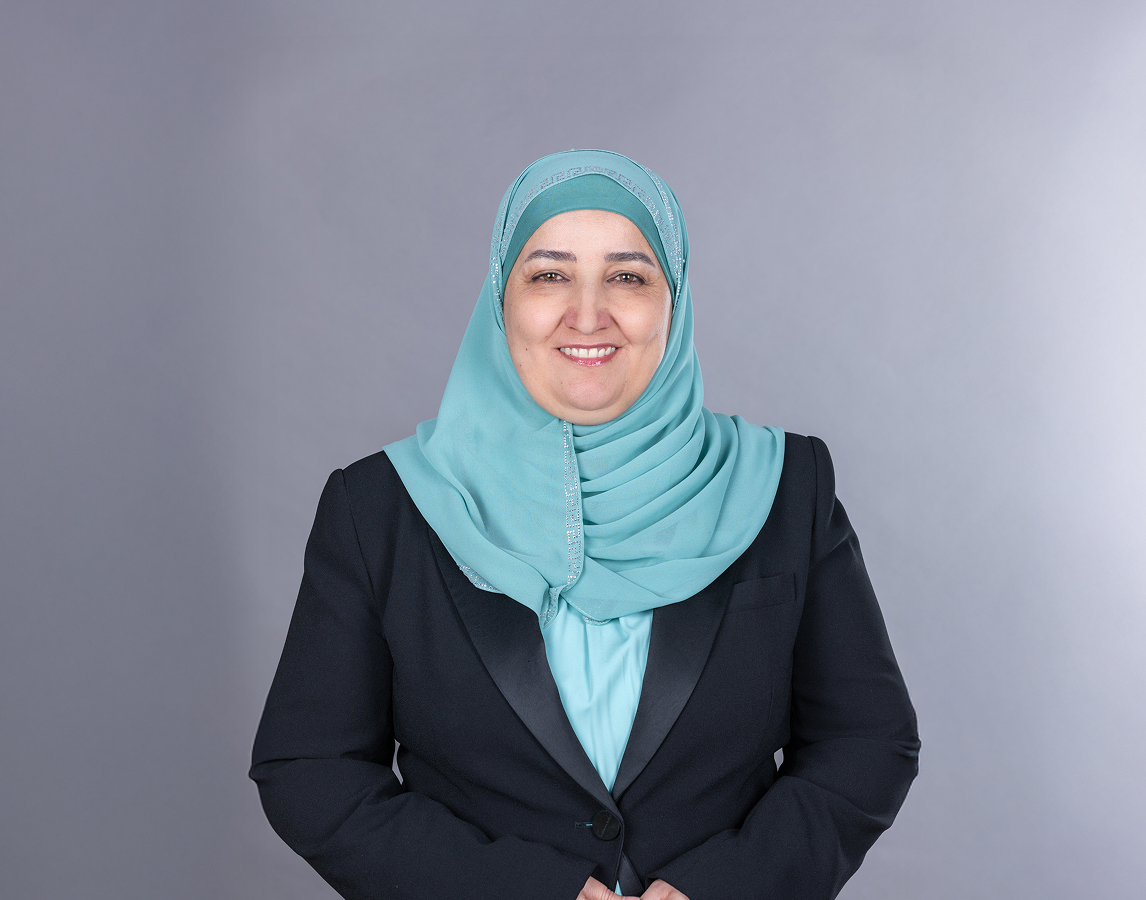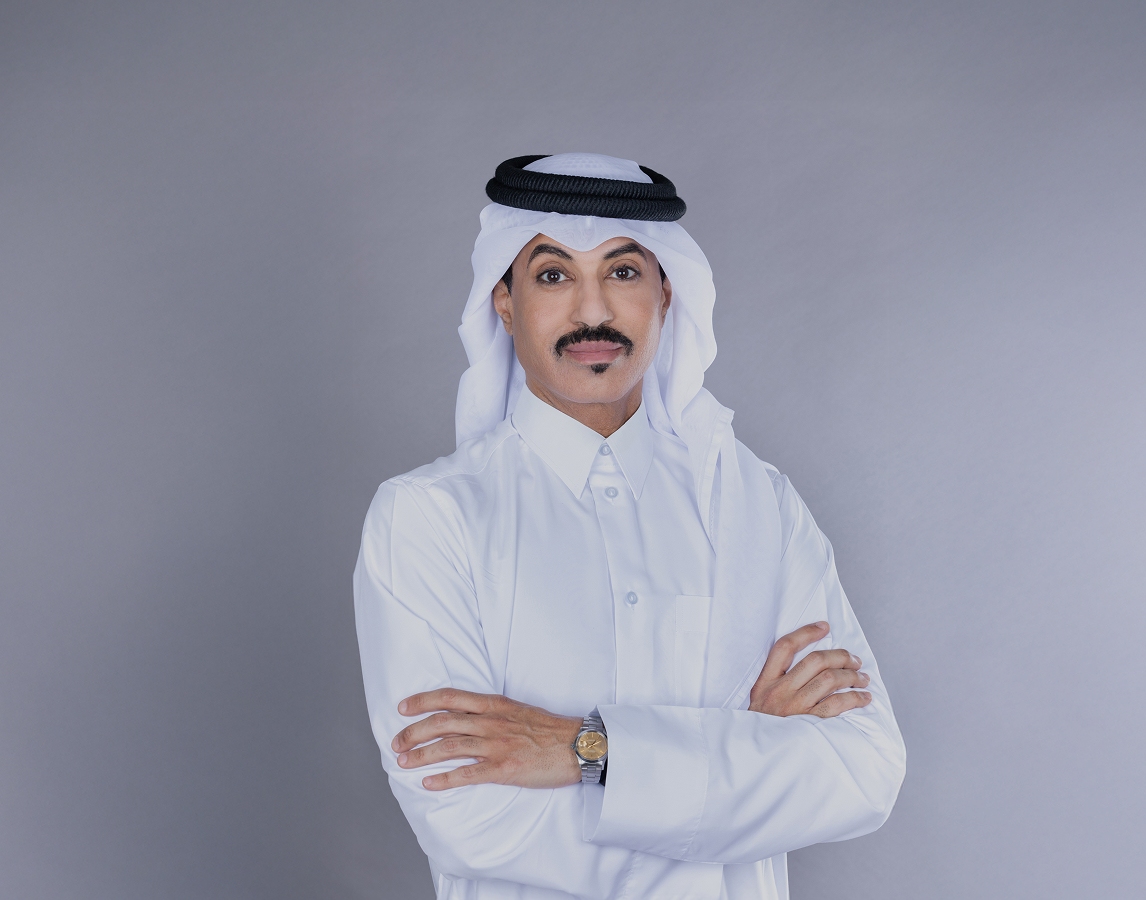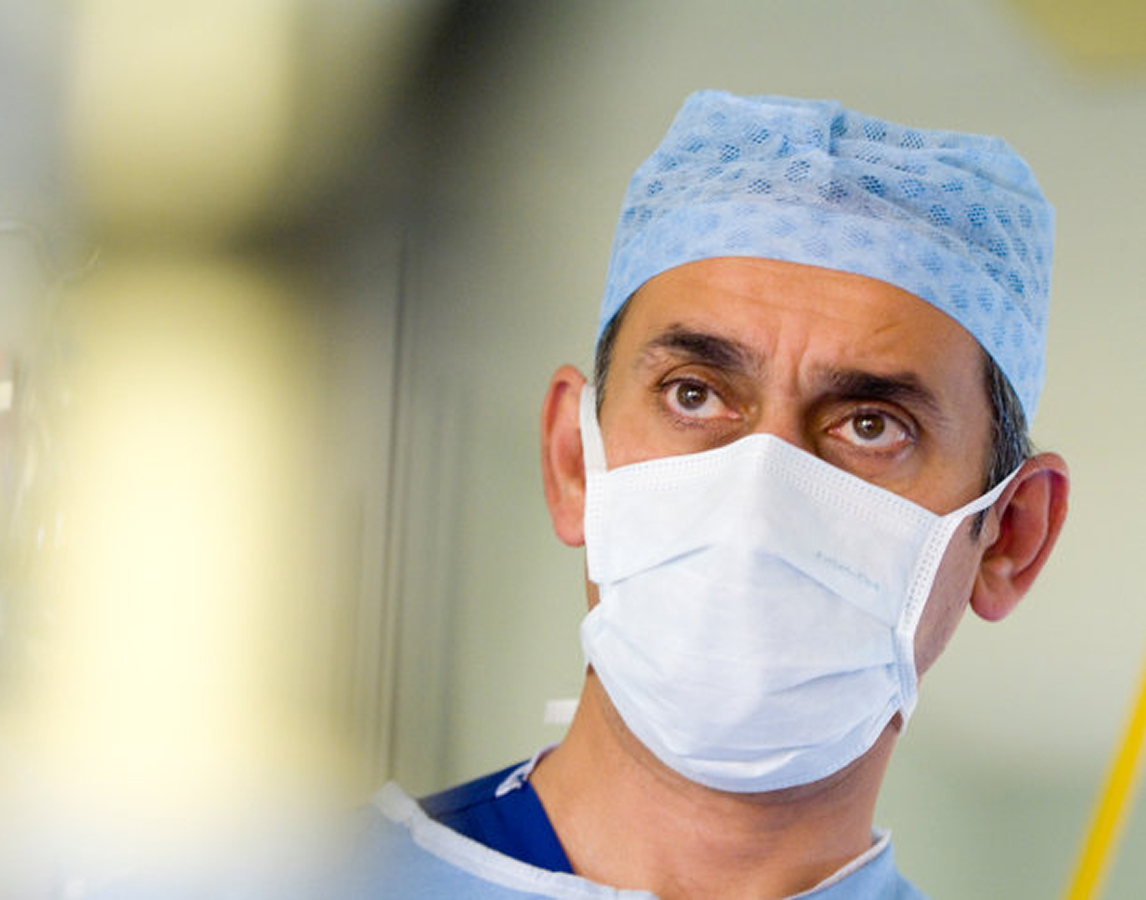Behind the Scenes at Virtual WISH 2020

By Maha ElAkoum, Head of Content, WISH
November 19, 19:48 (GMT +3): and that’s a wrap! It’s been a wild and (drumroll please for the adjective of the year) unprecedented summit week. There were moments we thought we couldn’t possibly pull it off in time, moments we exchanged looks of panic followed by nervous laughter. Moments we felt completely defeated.
Unprecedented circumstances, unprecedented times, unprecedented expectations, unprecedented number of donuts to deal with the unprecedented levels of stress.
Unprecedented number of sessions, unprecedented number of speakers, unprecedented number of registrations, unprecedented length of summit, unprecedented engagement and a uniquely unprecedented mode of delivery.
“It’s online- must have been so much easier than delivering a physical summit!” Hmm, not. As a colleague once explained: something as easy (hindsight is a wonderful thing) as creating an exhibition booth with some printed branding turned into a complex myriad of questions. Where does the text appear? How does the avatar approach it? Can the viewer view it at 360 degrees? What happens when you click on the booth? How do you then exit it? Are all the hyperlinks in the right place? Is it a fully 3D immersive experience? What is the word limit? Can you scroll down on a booth? Unprecedented levels of attention to detail was required.
Add on to that an unprecedented feeling of loss of control. In “normal” circumstances you would see demos and prototypes. You would see the stages being built in front of your very eyes, the backdrops assembled, the lights, the banners, the booths being built, the reports being printed and delivered, the flights landing, the hotels filling up. For months on end all we would see this year were photos, renders. We would monitor the number of registrations and get excited about how many were signing up, with no true way to predict how many would tune in and whether or not the system would be able to cope with the traffic. Hundreds of speakers from all over the world, but no sense of whether they would sign in on time and whether their internet connection would be strong enough for a clear video image. Inevitable mix ups with calendars and time zones. All unprecedented.
An Unprecedented Learning Experience:
The journey to the finish line was undoubtedly exhausting yet completely gratifying. We became closer as a team, each one of us not only pulling our own weight but also stepping in to cover for each other when needed. We realized our strengths and worked on our weaknesses. Each one of us were put in situations that made us uncomfortable but offered a learning experience- an opportunity we grabbed by the mane. Each one of us had our “WISH firsts”. First time in the studio, first time moderating a session in Arabic, first time speaking in front of an audience this large, first time appearing on screen, first time contributing to a report, first time being interviewed by the media. To say we worked hard is an understatement- but we came out of it stronger and better, as cliché as that might sound.
Here are a few things that we learned
- Content is king- and I’m not only saying this because the word appears in my title. We spent a lot (and I mean a lot) of time worrying about user experience and what the platform would look like. We are (proudly) known for our beautiful, grand summits. We’ve been called the “Oscars” of healthcare- and we were determined not to lose that reputation against all odds and despite the unprecedented circumstances (threw it in there because it’s been a while ). Don’t get me wrong- this isn’t something we regret. If the title of the session and the caliber of speaker is what got you on to the platform in the first place, the user experience almost definitely played a role in keeping you there. However, first and foremost, you attract the best type of delegates, the most interactive, the most willing to learn, through the content. I am so, incredibly proud that we did both so well (if I may say so myself).
- Quality is always better than quantity– well, duh. You probably knew that already but let’s re-emphasize its importance. Having 300 sessions is great. You’ll probably be able to check off quite a bit of your KPIs and will have numbers to boast for the next year at least. Impressive infographics on your PowerPoint presentations and jumping out on the screen from your website. However, 300 sessions with everyone attending 30 and no one attending the rest isn’t really the point and is, quite frankly, a waste of time resources. Focus on delivering less sessions at a higher quality.
- Invest in your partners- good partners are hard to find and harder to keep. These don’t necessarily have to be big, well-known organizations, tech giants or big pharma companies. The best partners we worked with, the most independent and the nicest to deal with were small organizations with big ambitions. They appreciated the opportunity and asked (emphasis on the asked as opposed to demanded) for help when they needed it and got on with it the rest of the time. They were also the ones to send thank you emails and “sorry to bother you with this” notes. You know who you are- if you’re reading this thank you. There were some days were these messages were enough to make our day.
- Accessibility is vital- in this new realm that we live in where virtual is the new norm, our platforms and our content are now accessible to many more people around the world. Therefore, it only makes sense that we take advantage of this accessibility and build on it. You’ve saved on rent, so why not increase the length of the conference? Also, start and end the live sessions within a window of time that is least inconvenient for the largest amount of people. Provide live translation in multiple languages, and record sessions that are live streamed to make them accessible to those on the side of globe that were still asleep (or at work, or simply busy) at the time they were aired live.
- Celebrities can help take your message the extra mile- I have to admit that I struggled at first (despite my excitement) to find the relevance of the legend Morgan Freeman and the Hollywood superstar Eva Longaria to a healthcare summit. Little did I know, what they did off-screen deserved (even) more appreciation than their on-screen award-winning performances. Each of our keynotes had an important message to tell (idea for my next blog post right here- stay tuned ;)). Our summit provided them with an opportunity to spread the word and at the same time provided us with a level of unprecedented (nope, I haven’t forgotten) exposure to their fan base and social media following.
Like everyone else, this has been and continues to be a learning experience for us and we by no means have all the answers. We were equal parts humbled, grateful and surprised by the outcome and look forward to building more connections and sharing more knowledge on our quest to create a healthier world, through global collaboration. On to the next one! See you (virtually or in person- come what may) in 2022.



